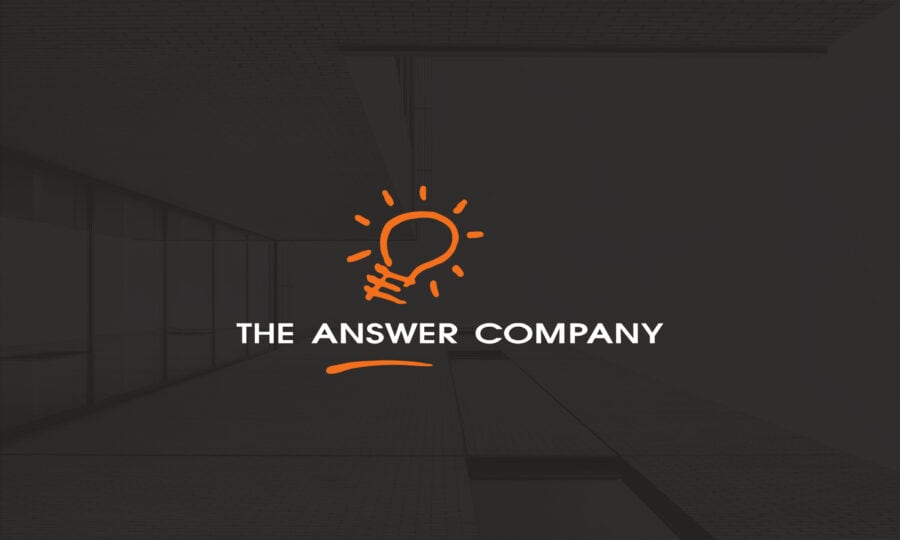From dental clinics to hospitals, every healthcare organization operates with tremendous complexity in terms of data security requirements, stakeholder demands, and accounting processes. As the healthcare industry continues to evolve every few years and your organization expands, it can be especially challenging to manage financials and eliminate bottlenecks across multiple entities. Finance leaders in this industry need a comprehensive ERP software for healthcare that combines clinical, financial, and operational data to reduce manual efforts, enable faster and more informed decision-making, and create efficiencies that improve margins. The optimal solution for healthcare organizations is one that matches the medical industry’s complexity while generating easy-to-process data.
Multiple Locations
Executives can simultaneously celebrate and dread the expansion of new entities. When your software is outdated, a new location may require a doubled amount of time spent on financial reporting and additional time spent on consolidating reports from your organizations. With an ERP solution designed for multi-entity healthcare organizations, you can centralize payables and quickly find insights across all your locations.
Multiple Stakeholders
On top of patients and physicians, stakeholders in healthcare range from employers, pharmaceutical firms, investment companies, and government. Each stakeholder will request different financial documentation, which must be delivered in a timely manner. An advanced ERP software for healthcare allows you to consolidate financial performance information that is most relevant to your stakeholder. Cloud software also allows you to set customized browser-based access to financial information for various stakeholders to save you even more time.
Detailed Auditing
Clinical auditing is the backbone of the rapidly improving healthcare industry and advances in medicine and technology move in parallel with advances in healthcare organizations. Thorough clinical assessments are the only way for organizations to grow, but accurate auditing is one of the most time-consuming and challenging tasks for healthcare professionals. Instead of spending almost a month to conduct an audit, cloud ERP solutions automatically audit your data in real-time, exponentially reducing departmental reporting time and improving efficiency.
Regulatory Compliance and Changes
One of the biggest challenges for any healthcare-related organization is strict regulatory compliance. Meeting all requirements of the HIPAA in the US or the PIPEDA in Canada regularly takes up a lot of hours. Moreover, regulatory changes bring extra costs and lost revenue when there is a rocky transition into a new system. ERP systems like Acumatica or Sage Intacct with advanced auditing capabilities and data security allow you to rest assured of regulatory compliance.
Billing Errors
Errors in billing result in denied claims and lost revenue that should have been collected from insurance providers. When claims are particularly complex, such as ones across multiple specialties, they often have to go through multiple rounds before being accepted and processed, soaking up hours from your team. Advanced software for healthcare allows organizations to easily track, manage, and deliver claims that are properly processed by insurance firms.
Automated Reporting
Month-end reporting can take up hours within your accounting team and can also result in errors. A cloud ERP allows for real-time accurate reporting and completely eliminates manual payments and accounting within the organization. As your organization expands into more than one entity across multiple locations, automated reporting seamlessly consolidates each location’s data in real-time, while also centralizing payables into one system.
Dynamic Dashboards
With an ERP software designed specifically for healthcare organizations, you will discover intuitive dashboards that display metrics and KPIs that matter, including profitability per location, treatment type, CPT code, or physician. Easily see an overview dashboard of your multi-location organization or adjust dashboards to customize the data you want to see that day. Eliminate Excel templates that require manual data entry and only hold static information.
Remote Access
Healthcare organization executives and stakeholders are often away from their desk or rushing to meetings. A cloud ERP’s remote accessibility lets you make approvals, perform transactions, and view up-to-date information on your organization’s finances anytime, anywhere. This allows you to do your job on the go and spot areas for concern immediately.
Cash Management
In the healthcare industry, cash flows are plenty and often come in large sums. A cloud ERP gives you a real-time view of all cash balances across your locations. Not only can you seamlessly and securely transfer money across locations and stakeholders with speed and without complications, but you can also automate chosen fund transfers.
Connect with Other Medical Systems
An open API in software for healthcare organizations allows for connection with other data management systems, including HRM payroll, budgeting solutions, CRM software, and even electronic medical records. The wide extent of open API allows you to connect with newer software too, for when your organization grows and healthcare regulations evolve.
Resources for Healthcare Organizations
Healthcare ERP Software
Are you ready to transform your healthcare organization? See below for a starting point on the right solution for you.
Sage Intacct holistically addresses all the headaches faced by financial executives in the healthcare industry. As your healthcare company grows, it can become challenging to implement regulatory changes, manage performance and financial operations, and oversee multiple expanding locations. Sage Intacct healthcare ERP and financial management solution lets you automate for greater efficiency, create visibility in financial activities, make operational improvements, and generate better insights for smart decision making.
Sage Intacct for Healthcare
Schedule a Free Discovery
